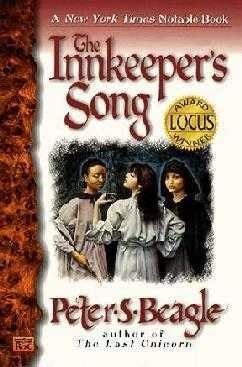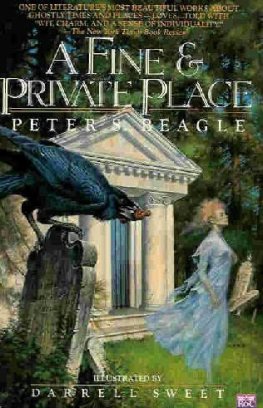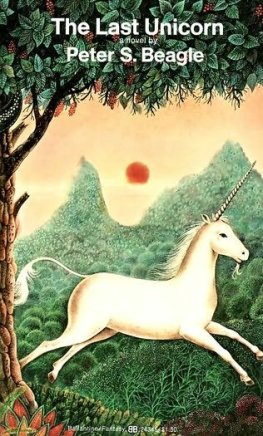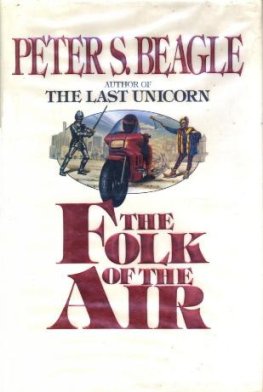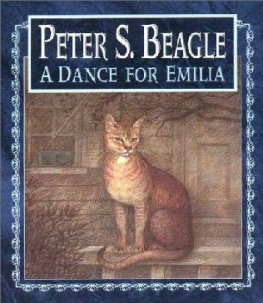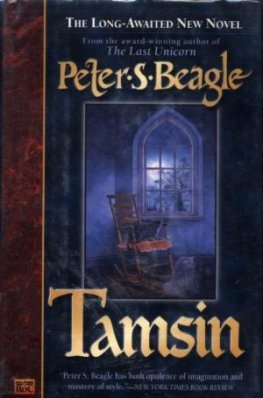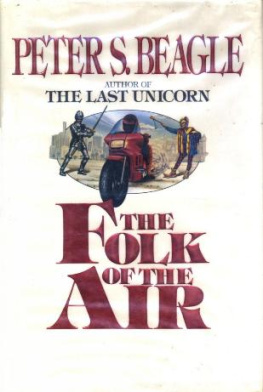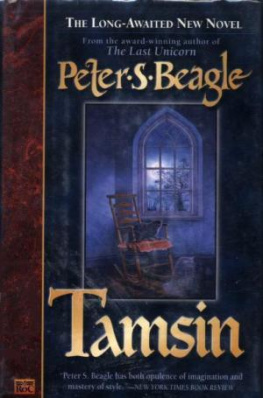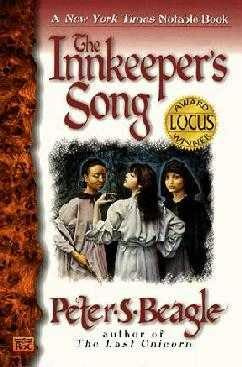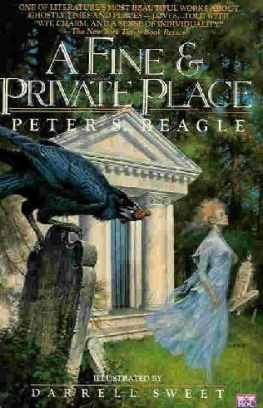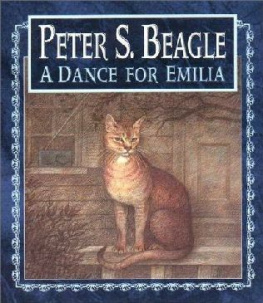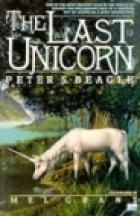Peter Beagle - The Line Between
Here you can read online Peter Beagle - The Line Between full text of the book (entire story) in english for free. Download pdf and epub, get meaning, cover and reviews about this ebook. genre: Romance novel. Description of the work, (preface) as well as reviews are available. Best literature library LitArk.com created for fans of good reading and offers a wide selection of genres:
Romance novel
Science fiction
Adventure
Detective
Science
History
Home and family
Prose
Art
Politics
Computer
Non-fiction
Religion
Business
Children
Humor
Choose a favorite category and find really read worthwhile books. Enjoy immersion in the world of imagination, feel the emotions of the characters or learn something new for yourself, make an fascinating discovery.

- Book:The Line Between
- Author:
- Genre:
- Rating:3 / 5
- Favourites:Add to favourites
- Your mark:
- 60
- 1
- 2
- 3
- 4
- 5
The Line Between: summary, description and annotation
We offer to read an annotation, description, summary or preface (depends on what the author of the book "The Line Between" wrote himself). If you haven't found the necessary information about the book — write in the comments, we will try to find it.
The Line Between — read online for free the complete book (whole text) full work
Below is the text of the book, divided by pages. System saving the place of the last page read, allows you to conveniently read the book "The Line Between" online for free, without having to search again every time where you left off. Put a bookmark, and you can go to the page where you finished reading at any time.
Font size:
Interval:
Bookmark:
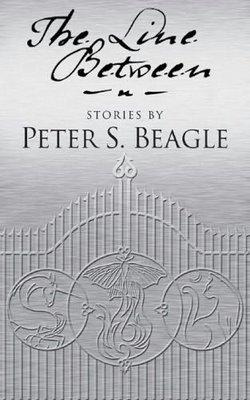
The Line Between
by Peter S. Beagle
Introduction
When my children were still small enough to be suckered (that's the two youngest, not their older sister; she was never that small), I could keep them occupied in the car for some while by telling them that if they turned their heads fast enough they could look in their own ears. (What, you never bought yourself a single blessed moment of sanity by risking your children's cervical vertebrae, eyesight, digestion, or emotional wellbeing? Hypocrite lecteur, man semblable, monfrere! I want to see a note from your mother.)
In a very real sense, that's what I've been doing all my life trying to turn my head in time to glimpse that creature, that color, that melody, that metamorphosis, that human situation to be found living just around the farthest corner of my vision. Ever since I was a small, shy, overweight boy a boy who could most often be found curled up under the stairs of his Bronx apartment building, telling himself stories I've been used to almost hearing voices, almost catching sight of Donne's things invisible to see. Indeed, my favorite among my own novels, The Innkeeper's Song, had its birth on an island off Seattle, with me wellsnuggled into the sweet spot between sleep and waking, when a rough, sour growl announced itself in my head, saying distinctly, My name is Karsh. I am not a bad man.
There it is: that invisible boundary between conscious and not, between reality and fantasy, between here (whatever here is) and there (whatever there might be), between the seen and the seen's true nature. A line neither one thing nor ever quite the other, but now and eternally between.
As a writer, the line between is where I have always lived. It is my personal tightrope of choice, the one I most naturally walk, clutching only a small and somewhat sillylooking parasol of logic for a counterbalance. At times this precarious highwire act exhausts and exasperates me, to the point where I feel that I'd give almost anything to step off the line, once and for all, and settle down to stories that, whatever their matter or milieu, don't always insist on balancing so. But this is what I do. Clearly. In life and art I have never been able to laugh without being intensely aware of tears, or to shine a light on horror without also illuminating beauty. So it goes still for everything I write.
I'm on the books as a fantasist, a genre writer, and I'd go on being considered one even if I wrote nothing but naturalistic novels and gritty urbanrealist tales from here on in. Fair enough, I suppose; anyway, one of the few really nice things about growing old is that a whole lot of stuff simply stops mattering categories among them. But fantasy to me means far more than a stock preindustrial landscape populated with figures out of Scottish ballads, French fairytales, and Germanic sagas of dungeons and dragons. Not that there's anything wrong with that. I've employed these beloved old standbys as often as most, and undoubtedly will again. You will find a few of them in this very book, approached from my own skewed angle. But that's not what I'm talking about here.
Fantasy to me has always been a certain mindset, a way of looking around. In speaking publicly on the subject, I often use as an example the classic films that Val Lewton produced (usually on a budget of approximately $1.98) for RKO in the 1940s. Cat People, I Walked with a Zombie, Isle of the Dead, The Leopard Man, The Seventh Victim What keeps these sixtyyearold movies alive and fascinating today is not the special effects that Lewton couldn't afford anyway, but the trademark sense he creates that things invisible to viewer and characters alike are happening just offcamera. There are no demons in Lewton's work, no braineating Caribbean zombies (never mind that one's title; it's really Jane Eyre in Haiti), and no vampires only the possibility of a vampire, which is infinitely scarier than red contact lenses and fake fangs. These movies remain categorized under Horror in the video store; but if there was one thing Val Lewton knew, it was that it is the shadow that terrifies, not the monster it hides. The monster is an actor in a monster suit. The shadow is always real.
Of the stories in this collection, A Dance for Emilia perhaps best exemplifies my notion of fantasy, which is especially appropriate since it is also by far the most autobiographical. Do I really believe that a lost lifelong friend might return to the world in the body of his own aging cat? That doesn't matter if I need to believe it I can manage the trick for any given ten minutes, as I do with belief in most things,
including electricity, the Zone diet, and the laws of thermodynamics. What's important to me here, as a writer, is that I've grounded the single fantastic element of the tale in the most realistic atmosphere I could manage. Narrator Jake's life is like that of any stage actor I've ever known; semighostly Sam's world is the world in which his reallife original lived and moved and ultimately died. Possessed cat or no, mystery or no, magic or no, the rent still has to be paid.
My favorite review of my work, of all that have been published in newspapers and magazines over fortyfive years, has to be one by, of all people, the cartoonist Gahan Wilson. I can't quote the review precisely (at present it's packed away, along with ninetynine percent of my belongings, in two storage units in Davis), but in paraphrase it credits me for avoiding tales of kings, High Elves, enchanted swords and assorted Armageddons, in favor of dealing with lowclass types. My heroes and heroines, Wilson observes, are mostly peasants; my wizards are mostly out there in the rain, trying to light a fire, never mind summoning a genie. They live in the daily middle of their ordinary muddled lives, they are as complicated as we ourselves are complicated; they are real, and the more bizarre and unlikely the circumstance, the realer they become. I'm very proud of that.
I did write a mainstream novel once, very long ago, during the year I spent at Stanford University on the writing fellowship that first brought me to California. It's about a young American musician's romantic adventures in Paris; and if you wonder why it was never published, just remember that its author had all too recently been a young American writer having romantic adventures in Paris, and hadn't yet learned that write what you know is a gentle form of encouragement, not an act of law. There are no wizards or warriors in this novel; not a single shapeshifter or ancient goddess. There is nothing obviously fantastic in it at all (except for the mostly flattering picture of its protagonist, who looked and sounded, and more to the point acted as I wish I had). Yet despite this, the book is a fantasy to me, every bit as much a fairytale as The Last Unicorn, because of what its own shadows conceal. Hieronymus Bosch may have painted portraits of local burghers or churchmen, as well as The Garden of Earthly Delights, but he's still Bosch, and his monsters are visible in his subjects' eyes they plainly see the demons and halfbeasts smiling hungrily over Bosch's shoulder. Just so in this unpublished early book of mine. Even though I was consciously trying to be as realistic as possible, in every page the unreal, the uncanny, the magical all grin their own toothy grins from behind papiermache masks. A tweak or two, a shift of emphasis: that's all it would take for them to drop the masks and dance across the line.
As I've said, I never consciously chose this way of telling stories barring some moment of negotiation under that Bronx stairway which I have since forgotten, it seems rather to have chosen me. It's a mixed blessing to be chosen, whether by a deity or a style, or by a way of seeing. But it's who I am, and it's what I do. These between stories are the ones I have to tell. I hope they find you well, and that you enjoy them.
Next pageFont size:
Interval:
Bookmark:
Similar books «The Line Between»
Look at similar books to The Line Between. We have selected literature similar in name and meaning in the hope of providing readers with more options to find new, interesting, not yet read works.
Discussion, reviews of the book The Line Between and just readers' own opinions. Leave your comments, write what you think about the work, its meaning or the main characters. Specify what exactly you liked and what you didn't like, and why you think so.

